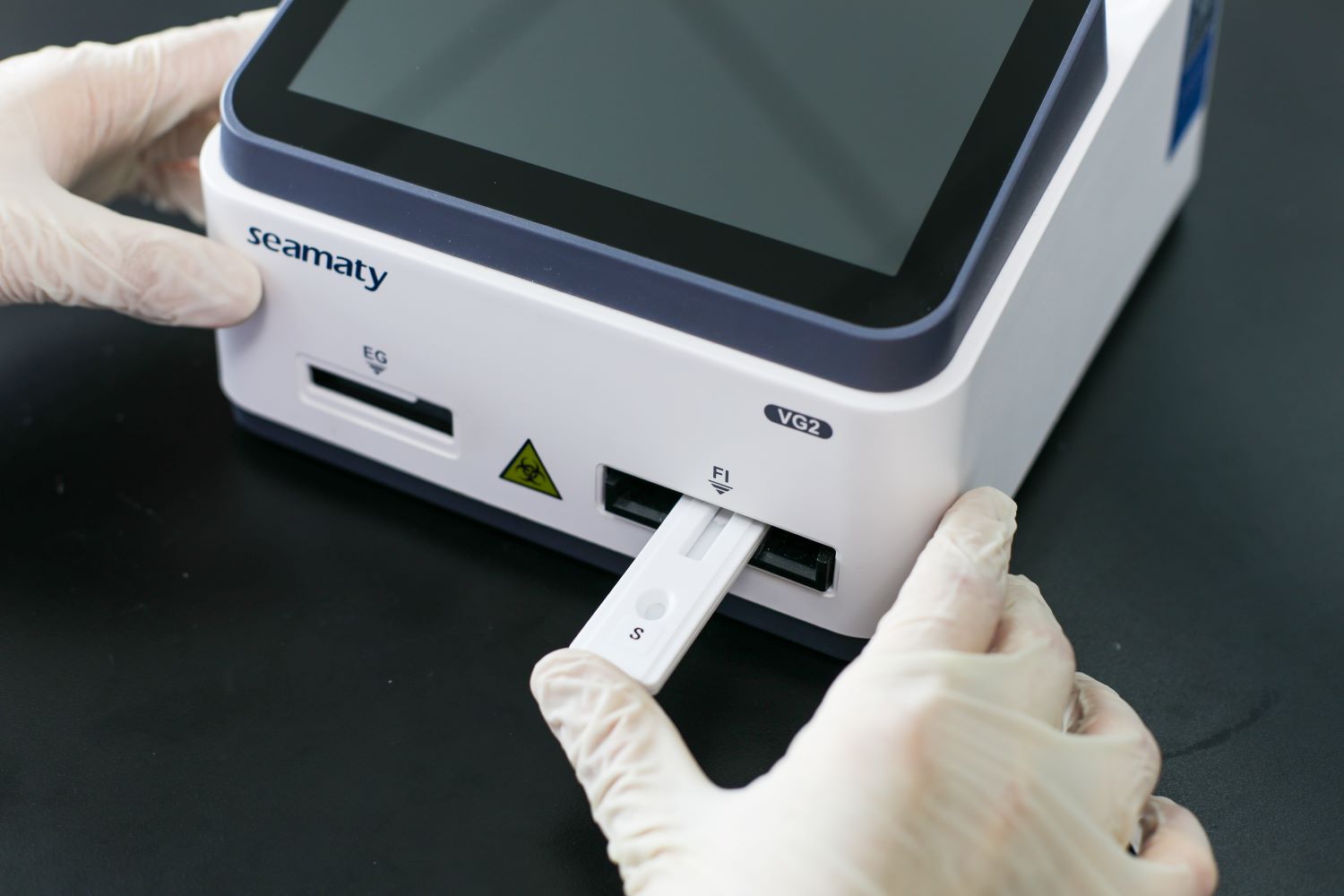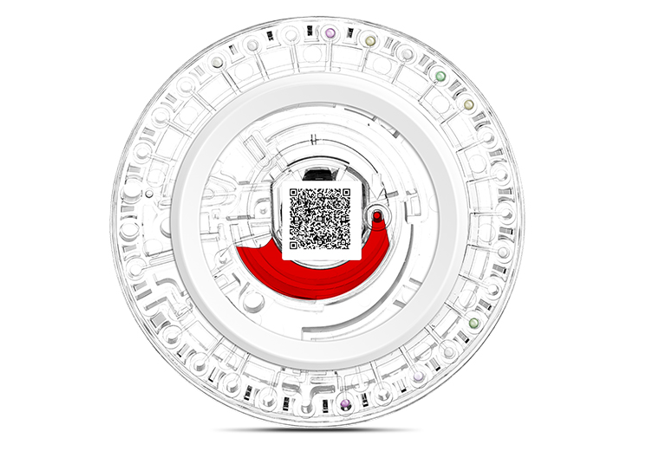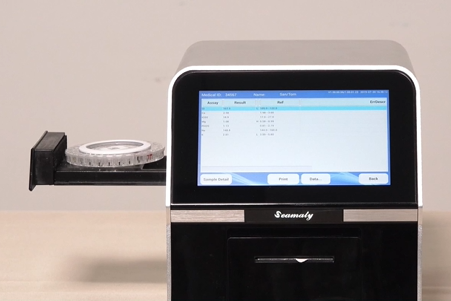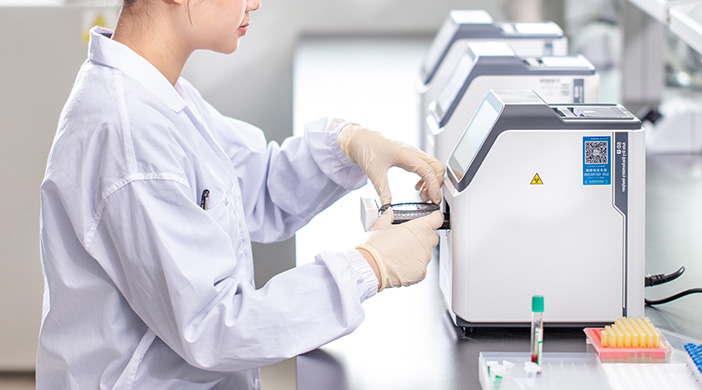release time:2023-08-17 14:03:35
When a veterinary hospital needs to pick a blood gas and immune analyzer, it's a big decision. There are important things to think about. Here are three main points to remember when choosing this kind of analyzer:
It's really important that the analyzer gives accurate results. This helps vets know what's happening with the animals. Look for analyzers that are reliable and give the same results every time, especially for important things like blood gas levels (like pH, pO2, pCO2), electrolytes (like Na+, K+, Cl-), and immune markers (like f-SAA). Check what the analyzer can do and compare it to what's normal in the field. Also, make sure the analyzer can handle different types of samples, like blood, plasma, or serum. If you can, go for analyzers that other vets say work well.
When the clinic is busy, it's important that the analyzer is easy to use. It should be simple to put in samples and use the machine. Some analyzers come with pre-set settings for animals, so you don't have to change things yourself. It's also good if the analyzer is fast and gives results quickly. This helps vets make decisions faster.
Vets work with many different animals, so the analyzer should be able to handle different samples. Some analyzers have special settings for different animals, like small pets or big ones. Also, check if the analyzer can connect to computer systems the clinic uses. This makes it easier to keep track of information. If the analyzer can share results in a normal way, it's easier to talk to other vets.
A good option to think about is the Seamaty VG2. It's a special machine that can do many things in one. It checks blood gas, immune markers, and electrolytes. It's not heavy and can be moved easily. The VG2 is quick and gives results in 4-10 minutes. This helps vets know about diseases, immunity, and inflammation in animals, even before or after surgery. There's a lot the VG2 can do. If you want more details, you can ask for a catalog by leaving a message or Contacting through sales@seamaty.com.
In the end, the choice of analyzer depends on the specific needs of the clinic, the animals they see, and the money they have. It's a good idea to see a demonstration, read what other people say, and ask other vets what they think. This way, the clinic can pick the best analyzer for them and their animals.


2022-04-08
Seamaty has developed different types of tests for the animal market, including the "12 Electrolyte Plus Parameters" for rapid detection of electrolyte levels in animals.

2021-10-09
When the biochemical analyzer contains a component in the reaction solution. Or the absorption peak of the component to be measured in the mixed reaction solution, there is no overlap with the absorption wavelength of other co-existing substances. Single wavelength can be selected.

2021-09-15
The popularity of fully automated biochemical analyzers has greatly improved the speed of hospital testing. However, improper operation makes the biochemical test results of the test instrument error. Also yes, the convenience of the biochemical analyzer is meaningless. Even lead doctors to make the wrong diagnosis.